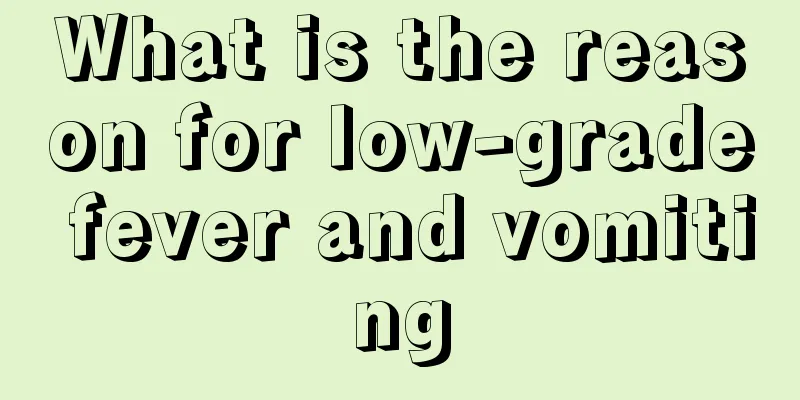What are the symptoms and dangers of colon polyps?

|
Colon polyp refers to an extra polyp in the patient's colon. The causes of colon polyp may be related to viral infection, aging, drinking, smoking and other bad habits. After the development of colon polyps, it is easy to cause blood in the stool and cause inflammation, and the patient may also experience abdominal distension, pain and other symptoms. Let’s take a closer look at the symptoms and dangers of colon polyps: 1. Blood in the stool Patients with colon polyps will have intermittent blood in the stool or blood on the surface of the stool. The color of the blood is mostly bright red. If secondary inflammatory infection occurs, mucus or bloody mucus in the stool may appear. Patients will have tenesmus, or even constipation or increased frequency of bowel movements. If the polyp is located close to the anus, the polyp may protrude from the anus. 2. Changes in bowel habits Changes in bowel habits mainly include changes in the frequency and timing of bowel movements, or unexplained constipation or diarrhea. If constipation and diarrhea occur alternately, you must pay attention, as this may be a manifestation of colon polyps. 3. Abnormal stool characteristics For normal people, the stool should be round in shape, but for patients with colon polyps, the stool may become thinner or flat due to the squeezing of the polyps, and sometimes even contain blood. 4. Abdominal pain This situation is relatively rare in patients with colon polyps. Generally speaking, it occurs in patients with more severe colon polyps. Larger polyps can cause intussusception, resulting in intestinal obstruction and abdominal pain. 5. Prolapse When polyps are large or numerous, gravity pulls on the intestinal mucosa, causing it to gradually separate from the muscle layer and prolapse downward. The traction caused by the patient's defecation movement and the stimulation of intestinal peristalsis can relax the mucosal layer around the base of the rectum, which may lead to rectal prolapse. 6. Intestinal irritation symptoms When intestinal peristalsis pulls on polyps, intestinal irritation symptoms may occur, such as abdominal discomfort, abdominal pain, diarrhea, bloody stools, tenesmus, etc.! |
<<: Can Coca-Cola Cure Kidney Stones?
>>: What should I do if my nails have vertical stripes?
Recommend
How to make delicious mulberry leaves
I believe many people are familiar with the mulbe...
What is the correct way to use headphones?
With the continuous advancement of electronic tec...
People should pay more attention to methods of preventing breast cancer
Breast cancer is a common disease that can cause ...
What is the best way to treat nasal atrophy?
Rhinitis membrane atrophy is actually a kind of f...
Small blisters on the palm
Blisters on the body are caused by skin. The caus...
How to choose a microwave oven
The microwave oven in our daily life mainly has t...
Abnormal acidic urine
Abnormal aciduria is closely related to alkali po...
Food additive glacial acetic acid
Food additives are widely used in various cooked ...
Long press an acupuncture point to change your bad temper
People who are usually angry and can't find a...
Is a rusty pot harmful to the human body?
Pots, pans, and utensils are essential kitchen to...
How to make Chaihu Xiegan Decoction
I wonder if you have ever drunk Chaihu Xiegan Dec...
Early symptoms and signs of prostate cancer
The early symptoms and precursors of prostate can...
How to improve bone density
After middle age, the body's metabolism slows...
What is the best treatment for small cell lung cancer
What is the best treatment for small cell lung ca...
What are the specific examination methods for liver cancer? Introduction to the methods of ultrasound examination for liver cancer
Regarding the method of ultrasound examination, t...









